APPLICATION MANAGEMENT
In today's digital-first economy, application ecosystems are more complex, distributed, and critical than ever. As organizations embrace modernization, cloud migration, and agile delivery models, Application Management Services (AMS) are evolving from traditional support models into strategic enablers of innovation, resilience, and user experience.
Key Trends in Application Management
From Reactive to Proactive AMS
Application Management is shifting from ticket-based support to predictive and preventive maintenance. Organizations are leveraging monitoring, automation, and AI to detect anomalies before they become issues.
Cloud-First and Hybrid Environments
With applications hosted across multi-cloud and hybrid environments, AMS must support cloud-native architectures, containers (Docker, Kubernetes), and serverless platforms (e.g., AWS Lambda).
Intelligent Automation and AIOps
AI and automation are transforming AMS through AIOps (Artificial Intelligence for IT Operations). These platforms use machine learning to auto-resolve incidents, optimize performance, and reduce manual intervention.
Shift-Left and Agile Support Models
Support is increasingly embedded earlier in the application lifecycle (“shift-left”) and delivered in alignment with Agile/DevOps pipelines, allowing for continuous improvement and faster resolution.
User Experience (UX) Monitoring
AMS now includes real-time user experience monitoring to assess performance from an end-user perspective, not just backend system health.
Cybersecurity and Compliance Integration
With rising cyber threats, Application Management now involves continuous security patching, threat monitoring, and support for compliance frameworks (GDPR, HIPAA, SOC 2, etc.).
Digital Technologies Are Transforming Application Management
Digital transformation is enabling a smarter, faster, and more business-aligned AMS model through the adoption of
Technology | How It Enables AMS |
AI and Machine Learning | Automates incident classification, root cause analysis, and self-healing workflows |
Cloud Platforms | Enable scalable, flexible, and cost-efficient management across hybrid environments |
RPA (Robotic Process Automation) | Automates repetitive support and administrative tasks |
ITSM Tools (e.g., ServiceNow, Jira Service Management) | Streamline service requests, SLA tracking, and workflow automation |
Monitoring and Observability (e.g., New Relic, Datadog, Dynatrace) | Deliver deep performance insights and early alerting |
Security and Compliance Platforms | Ensure secure operations with integrated risk detection and response mechanisms |
Modern AMS: Business Benefits
Reduced Downtime & Faster Resolution – Through automation and AI-led support
Improved End-User Satisfaction – Via real-time UX insights and proactive service
Lower Total Cost of Ownership (TCO) – With cloud-based management and reduced manual effort
Greater Business Agility – By aligning AMS with DevOps and continuous delivery
Stronger Compliance & Risk Mitigation – Through integrated security and audit-ready processes
Reliable, Secure, and SLA-Driven Operations
Our Application Management Services ensure that your business-critical applications run smoothly, efficiently, and without disruption. We help enterprises manage, modernize, and continuously improve their application landscape using a value-driven, SLA-backed approach.
Our AMS Capabilities Include:
24x7 application support – L2/L3 support with 24/7 Global support centers with real-time monitoring
Incident and problem management – ITIL-aligned processes and ticketing workflows
Performance tuning and optimization – Ensure responsiveness, minimize downtime, application performance monitoring and health checks
Enhancement and release management – Fast turnaround on new features or changes
Security & compliance support – Patch management, vulnerability scanning, audit readiness
Automation-driven runbook execution
DevOps-integrated support models
Support for cloud-native, on-prem, and hybrid apps

